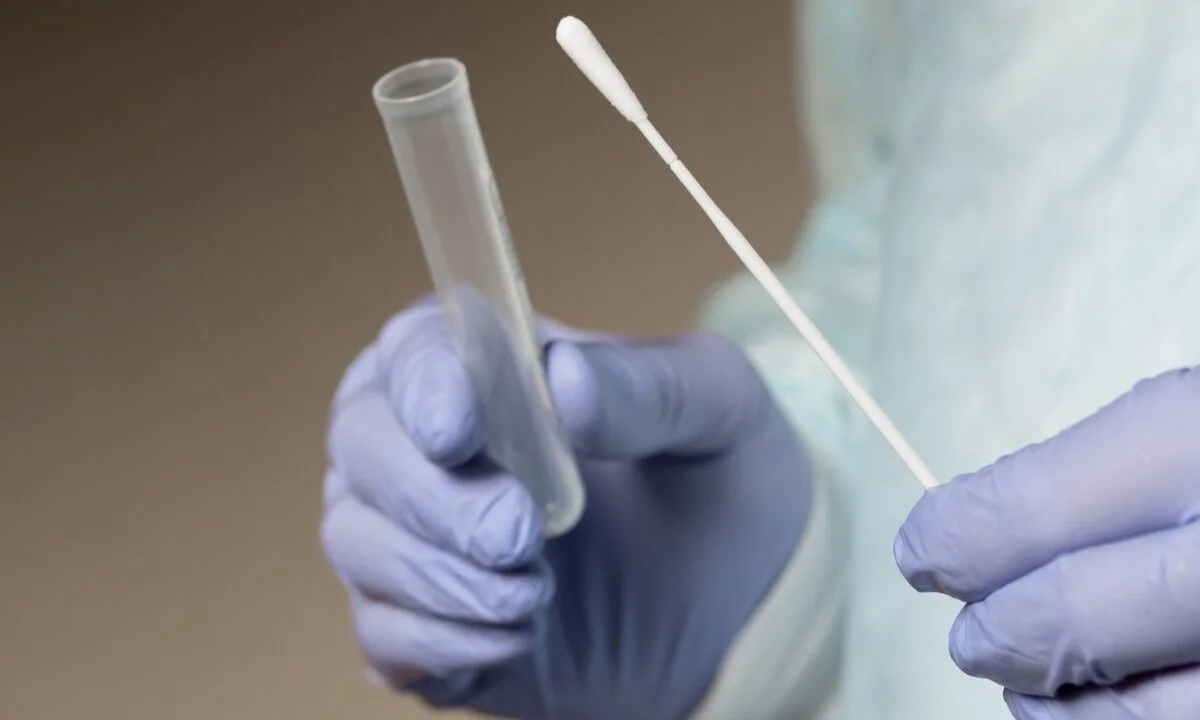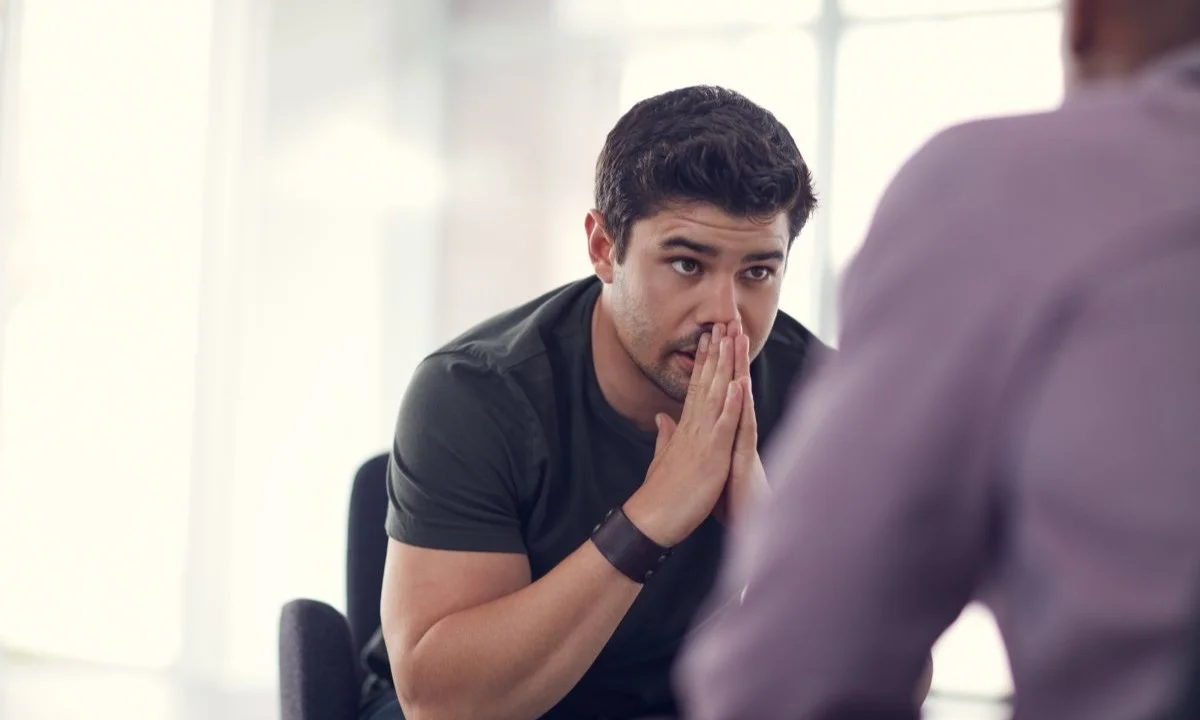Mouth swab drug tests, also known as oral fluid drug tests, are a common method for detecting recent drug use. Understanding their detection windows is crucial for both individuals and employers. Rather than looking for ways to beat these tests, understanding how they work and support detox and recovery can help you make better decisions.
How Does a Mouth Swab Drug Test Work?
A mouth swab drug test analyzes saliva to detect recent drug use. A healthcare professional uses a swab to collect a saliva sample from the inside of the cheek. The sample is then analyzed on-site or sent to a lab.
On-site tests can provide rapid results, often within minutes. This method is particularly effective for detecting current or very recent substance use, as drugs don’t remain in saliva for extended periods.
Factors Affecting the Accuracy of Mouth Swab Drug Testing
While generally accurate, several things can influence the results of a saliva drug test:
- Metabolism: Metabolism, age, and overall health play a role. Individuals with slower metabolisms, like older adults or those with impaired kidney or liver function, may process drugs more slowly.
- Hydration and Oral Hygiene: Dehydration may lower saliva production, leading to a less effective sample. Excessive brushing or mouthwash use can reduce drug residues.
- Frequency of Use: Using drugs often can lead to a buildup of substances in the body, extending the detection window.
- Dosage: Higher drug doses typically take longer to clear from the system.
- Sample Collection and Handling: Proper saliva sample collection and handling are vital for accurate results. It’s best to maintain the chain of custody for the sample to prevent tampering or contamination.
How Far Back Can a Mouth Swab Drug Test Detect?
Mouth swab drug tests typically detect drug use within 5–48 hours after consumption, depending on the substance and other factors. Some newer tests can detect THC metabolites and other substances beyond 48 hours, especially in chronic users.
Compared to other drug testing methods, like urine tests, mouth swabs have a shorter detection window, making them more suitable for detecting recent use or current impairment.
What Can Be Detected in a Saliva Test?
Detection Windows for Specific Drugs
Here’s a general overview of detection windows for common substances in saliva:
- THC (Cannabis):
THC, the psychoactive compound in marijuana, is detectable in saliva for up to 24 hours in occasional users. With heavy or frequent use, it may be detected for 24–72 hours. THC metabolites can remain detectable in urine for weeks.
- Benzodiazepines:
Alprazolam (Xanax) may be detectable in saliva for up to about 2.5 days. Some longer-acting benzos can be detected for up to 2–3 days, especially with ongoing use. With chronic use, this is extended but usually still falls within a few days.
- Amphetamines:
Amphetamines are usually detectable in saliva for about two days after use. Methamphetamine may be detected for up to 2–3 days, and in some cases slightly longer. Extremely long detection times are uncommon with saliva testing.
- Opioids and Opiates:
Oxycodone may be detected for 12–32 hours, hydrocodone for 7–28, and codeine for up to 24 hours. Fentanyl is typically detectable for up to 24–48 hours, and methadone for around 2 days. Heroin is usually detectable for about a day.
- Barbiturates:
Barbiturates can be detected in saliva within 15 minutes of ingestion and may remain detectable for up to 5 days.
- Alcohol:
Alcohol rapidly metabolizes. Typically, it’s only detectable in saliva for 12-24 hours after consumption. Depending on alcohol concentration and metabolism, some tests may detect it for up to 48 hours.
Preparing for a Mouth Swab Drug Test
Proper preparation can help ensure results that are as accurate as possible:
- Stay Hydrated: Drink plenty of water before the test to avoid a dry mouth, which can affect sample collection.
- Avoid Food and Drink: Consuming food and beverages at least 10 minutes before a drug test can interfere with the results. Avoid acidic substances like vinegar and citrus fruits right before the test.
- Avoid Mouthwash and Gum: These products can potentially lead to false positives. Mouthwash containing alcohol may interfere with the test and cause misleading results. If you have used it, inform the tester.
Advice for Individuals Facing a Drug Test
If you are concerned about an upcoming drug test, especially if you are struggling with substance use, it’s best to be honest. Honesty with yourself and those trying to help you is the first step. Reach out to trusted family members or friends for support.
What to Do if Your Oral Drug Test Is Positive
If your test comes back positive, transparency is crucial. Here are some next steps to consider:
- Speak With Professionals: A healthcare or addiction specialist can guide and support you. They can provide advice on safe detoxification and treatment options.
- Develop/Adjust a Plan: Work with a therapist or doctor to create or amend your comprehensive recovery plan. This plan may include medication-assisted treatment, therapy, and support groups.
- Adopt Healthy Changes: Incorporate good habits such as exercise, meditation, and a balanced diet. These can help manage cravings and support overall well-being.
- Seek Additional Support: Sober communities and support groups can help you stay on track during recovery.
- Commit to Recovery: Recovery is an ongoing journey. Setbacks can happen, but be sure to maintain your commitment to a healthier lifestyle.
Fentanyl Test Strips and Overdose Risk
Fentanyl test strips (or fentanyl testing strips) are low-cost tools that check street drugs for the presence of fentanyl, a powerful synthetic opioid, by dissolving a sample in water and checking with a strip test. They don’t make drug use safe or show how strong a dose is, but they can help with overdose risk prevention and encourage more cautious use or seeking help.
Moving Forward: Making Informed Choices
While mouth swab tests offer a convenient way to detect recent drug use, they are not foolproof. Consider test results as a way to identify whether your actions align with your goals. Drug tests aren’t about punishment but about accountability, trust, and ensuring long-term success.
Making responsible decisions about substance use is an important part of personal growth and health. If you’re struggling with substance use issues, remember that help is available. Reach out to Live Free Recovery at (888) 527-1508 to learn about addiction treatment programs that can help get you back on track.





